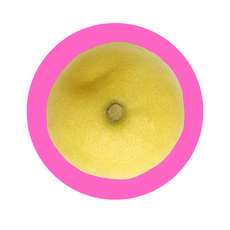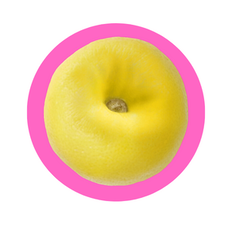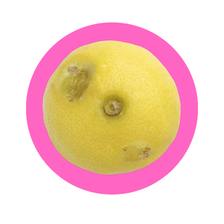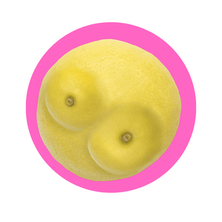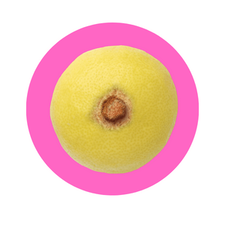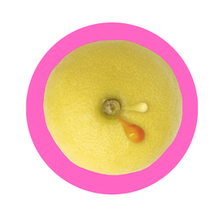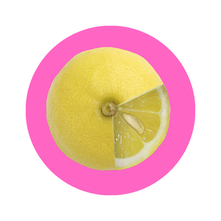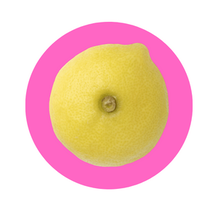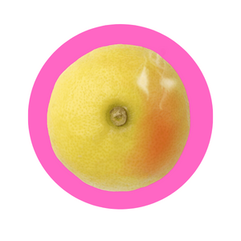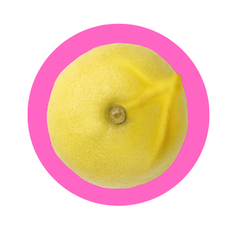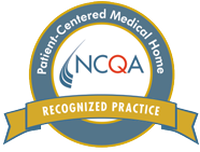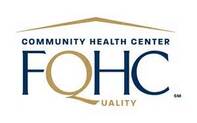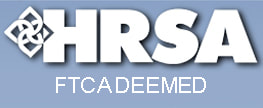Being breast aware is the best self-care you can provide for yourself! The first step is knowing your body and the normal changes that happen to you monthly. The second step is knowing that there are 12 symptoms of breast cancer that can help you spot the difference between normal breast changes and something that you should speak to your provider about.
Thick AreaYou may notice that a part of your breast feels different from the rest, being less "squishy" and more "dense." This can be a normal part of menstruation or breastfeeding. However, a thickening in your breast that doesn’t go away or gets worse could also be a sign of breast cancer.
|
DimpleA dimple can be more easily seen when lifting your arms up above your head to see if the whole breast skin moves with you as you raise and lower your arms.
|
Sunken NippleRetracted nipples can be a normal shape of the breast (from when the breast was first developed). However, if you notice your nipple sinking, flattening, or turning, it could be a sign of a new breast cancer tumor forming underneath, pulling the nipple toward it as it grows.
|
Skin SoresBreast cancer can sometimes build up to the point that it breaks down the skin of the breast to form an open wound. Infection may cause a bad smell and/or leakage. This is usually accompanied by an obvious hard lump. This is an advanced sign of the disease, meaning it has been present for some time.
|
New Shape or SizeIt’s common for one breast to be different in size and shape from the other. This kind of variety is what our bodies are known for. Breastfeeding can also cause changes in size or shape as a result of milk production. But if one breast changes size, flattens, swells, or droops unexpectedly—and doesn't seem to be connected to your menstruation cycle—this could be a sign of breast cancer.
|
Nipple CrustCrust on the nipple can be a harmless skin condition, like eczema, or is a common problem with breastfeeding. But if skin remedies don't fix the problem, it could be a sign of breast cancer called “Paget’s disease.”
|
DischargeDischarge from the nipple is common and is harmless (benign) most of the time. It is usually related to developing breasts, infection, cysts, pregnancy, or breastfeeding. However, if fluid is leaking from the breast outside of these changes, it is something that should be checked out, especially if it is clear or contains blood.
|
LumpThe most common sign of breast cancer is a lump, deep in the breast. It often feels hard, like a lemon seed, and usually immovable. It can be any shape or size.
|
BumpSometimes a cancerous lump is on the surface of the breast. However, not all lumps and bumps are cancer. Many are cysts (fluid collections) or harmless, benign lumps made of various tissue (fibroadenomas). Many women have lumpy, bumpy breasts. However, if it’s something that concerns you, show a doctor.
|
Burning/ Hot to the TouchTypically, this is an infection or a skin symptom common to developing breasts, breastfeeding or eczema. If time, antibiotics or other treatments don’t improve the symptom, it could be a sign of Inflammatory Breast Cancer.
|
Growing VeinIf veins become more pronounced outside of these changes, on the breast or near the collarbone (and sometimes accompanied with a swollen arm), this could be a sign of a breast cancer tumor drawing more blood to itself and the vein swelling in size to allow for additional blood flow.
|
Orange Peel SkinWhen the skin of the breast looks like the dimpled skin of an orange, this is a symptom of breast cancer known as “peau d’orange,” (how the French say "orange peel"). With peau d’orange, the breast swells to the point it causes hair follicles to look like lots of little dimples.
|



